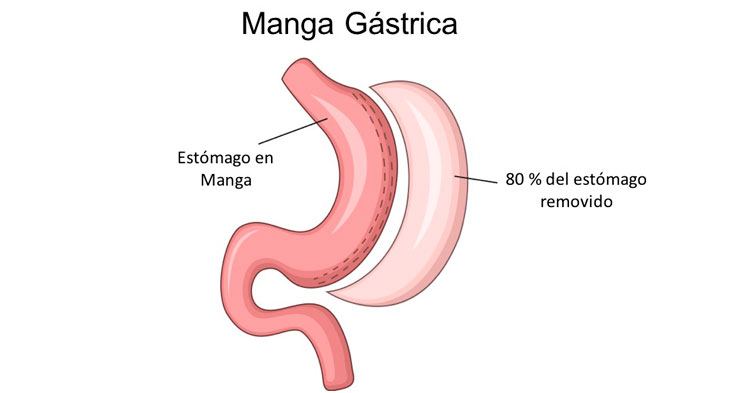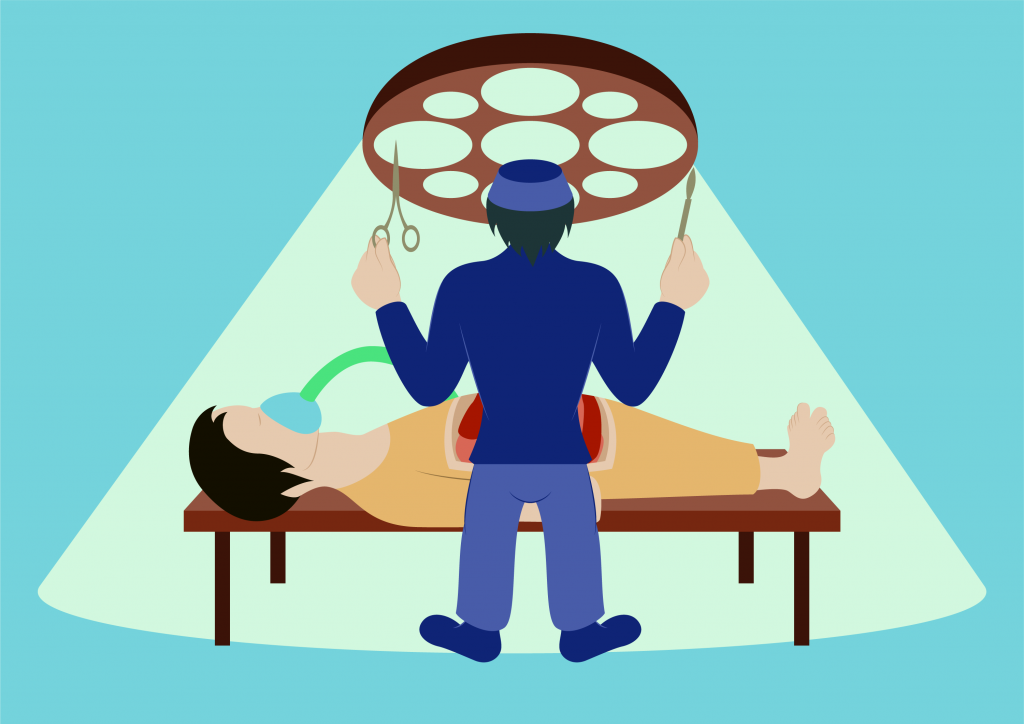Hi there,
I decided to write this post because now it is fashionable to have bariatric surgery.
I am not opposed to plastic surgery, on the contrary, I believe that if there are things that you cannot improve or fix naturally and it affects your self-esteem, it is not a bad decision if you do not endanger your life.
Beyond what society says, the important thing is how you feel about yourself. I have a slightly crooked nose but since it doesn’t bother me, I haven’t had it done. Also, as I have already had to go through many operations and it is not something pleasant, if I have to undergo surgery on my own, it will be for something that really affects me.
Initially I said “if you can’t fix it naturally” because many things can be improved considerably without surgery. The butt with exercise, the breasts with exercise, the teeth with braces, the skin with creams and treatments, etc.
Surely you have seen many photos on social networks of people who have radically transformed their body with proper nutrition and sports. So, I do not understand how every day there are more people who have surgery to put on a gastric sleeve or cut their stomach, to put it more clearly.
People are lazy and look for “the easiest option” to lose weight. But surgery really isn’t the easiest option; Going through a process of total anesthesia is already a procedure in which you put your life at risk, add to that the recovery process, which is horrible. There are operations like liposuction in which people then spend many weeks dying of pain, plus bruises that last for months.
When we talk about a gastric sleeve or bariatric surgery, you are cutting between 75% and 80% of your stomach. What does that mean? First, it is an operation that was initially performed on people with problems of being very overweight and with health complications due to it. To undergo this operation, the patient must be morbidly obese, have a BMI greater than 40, or be severely obese, and suffer from a disease in which weight loss benefits them, such as diabetes, heart disease, sleep apnea, high blood pressure, etc. Now many people who don’t really need it have begun to do it.

Not everyone is eligible for this operation as the patient must commit to completely changing their eating and exercise habits. In other words, even if you have the operation, you should still diet and exercise, since no procedure gives you the “magic” solution.
After this intervention, the stomach does not recover its previous size. The reduction of the stomach is definitive and favors the patient to feel satiated with small amounts of food, so the weight loss is sustained over time following the instructions given by the nutritionist.
So far so good, but the risks are lacking. The gastric sleeve can have a series of complications such as infections, pneumonia, hemorrhages, a lot of postoperative pain, leaks of gastric juices, etc. The stomach becomes very sensitive to poorly processed or poorly chewed foods, so you must eat very slowly if you don’t want to vomit.
The same will happen to you if you eat more than you should, you will end up vomiting. I have a friend who had this operation and always has discomfort when eating. Also, the stomach loses its ability to properly absorb nutrients, so you’ll need to be taking vitamins and other supplements throughout your life.
Is it worth going through all this? I think not and less so when you are not 200kg overweight. In fact, morbidly obese people can very well lose weight and get back in shape with diet and exercise.
There are people who have 10 kg more and go directly to have this operation. This makes no sense.
No one tells you that the stomach naturally reduces its size when we change our eating habits. As you gradually reduce the amount of food you eat, your stomach will also reduce in size.
In short, although bariatric surgery is now a fad and seems like the “easy solution” for people who want to lose weight fast, it is not, and it also limits you in a series of things for the rest of your life. The easiest and the best is always the most natural. Here I continue along the lines of one of my previous posts: you must have common sense. What you’re going to pay a surgeon, pay a trainer and a nutritionist (if you can’t do it alone). Muscle pain after exercising will always be better than postoperative pain.
More articles related to healthy living:

